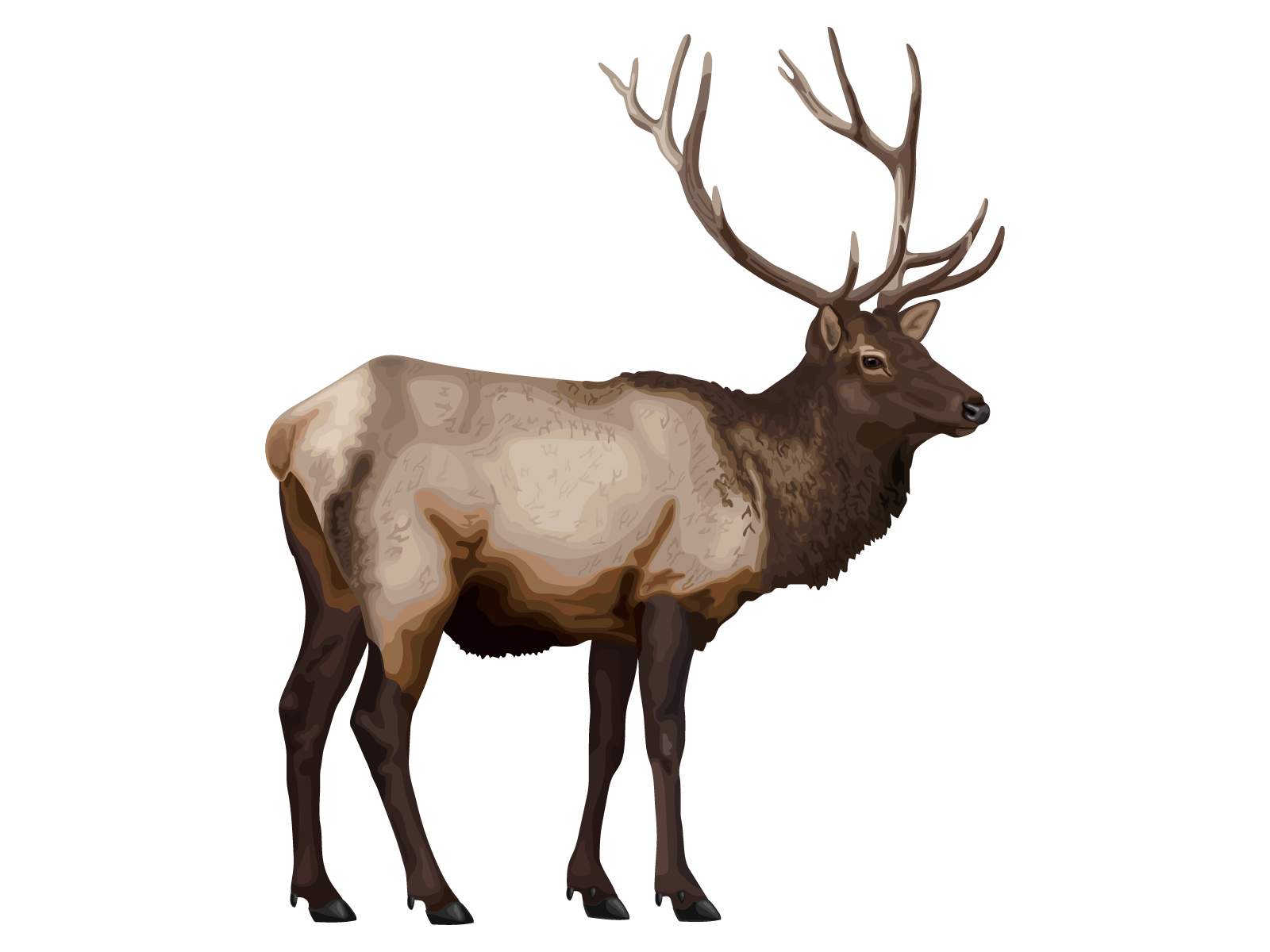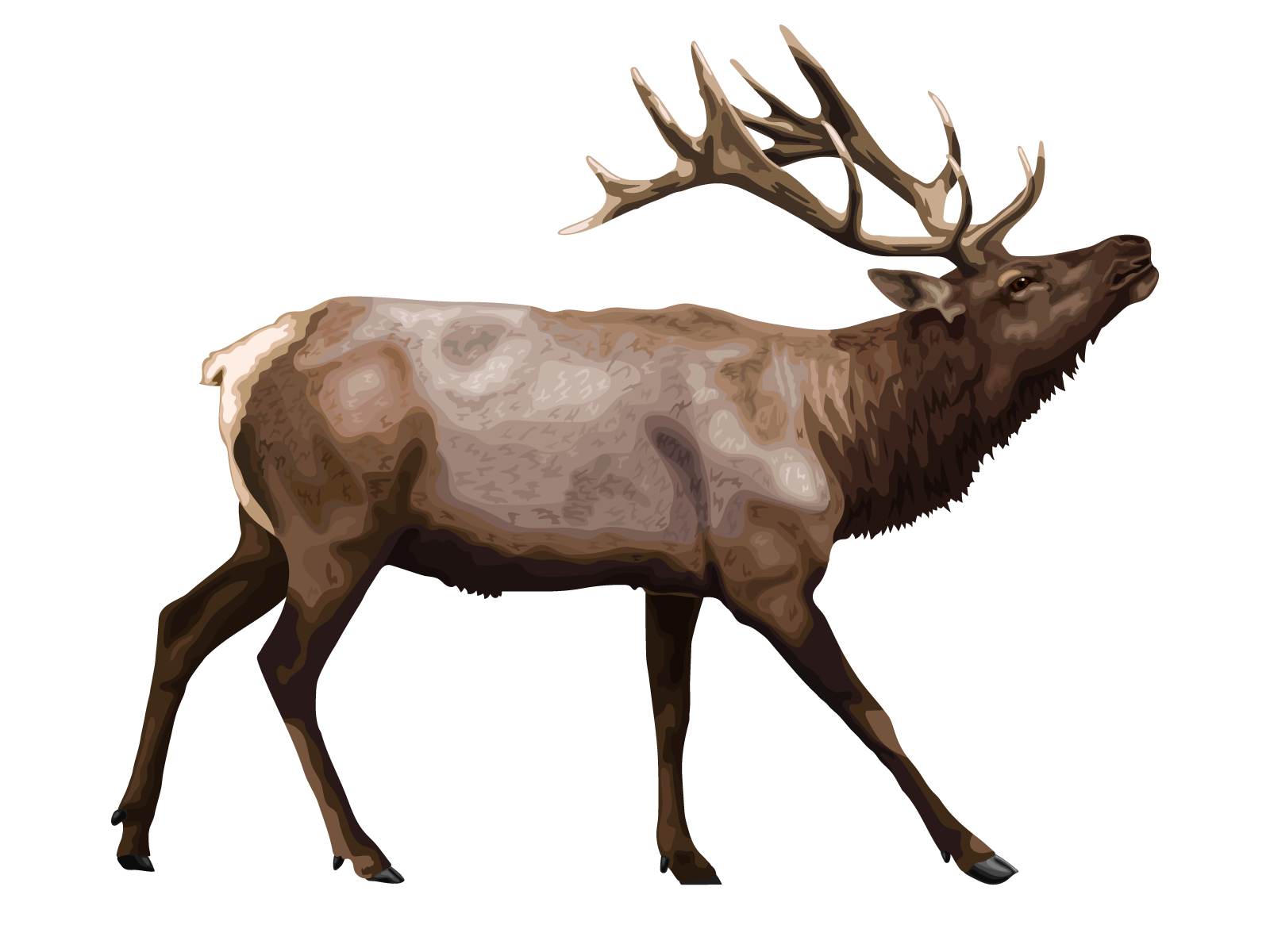//users/413773a1-3b9d-45ca-8cf1-6f28610c37c8/ratecard/26804559_920099114820990_8123180033086309227_n1.jpg)
%2Ffit-in%2F300x300%2Fusers%2F413773a1-3b9d-45ca-8cf1-6f28610c37c8%2Fratecard%2F26804559_920099114820990_8123180033086309227_n1.jpg&w=256&q=75)
%2F300x300%2Fusers%2F413773a1-3b9d-45ca-8cf1-6f28610c37c8%2Fimages%2Fbest-great-hunting-nevada-2298.jpg&w=256&q=75)
%2F300x300%2Fusers%2F413773a1-3b9d-45ca-8cf1-6f28610c37c8%2Fimages%2Fhunting-success-ely-2493.jpg&w=256&q=75)
%2F300x300%2Fusers%2F413773a1-3b9d-45ca-8cf1-6f28610c37c8%2Fimages%2Fthrilling-hunting-expedition-ely-2455.jpg&w=256&q=75)
%2F300x300%2Fusers%2F413773a1-3b9d-45ca-8cf1-6f28610c37c8%2Fimages%2Fbest-great-hunting-adventure-nv-2409.jpg&w=256&q=75)
%2F300x300%2Fusers%2F413773a1-3b9d-45ca-8cf1-6f28610c37c8%2Fimages%2Fhunting-expedition-ely-minnesota-2301.jpg&w=256&q=75)
%2F300x300%2Fusers%2F413773a1-3b9d-45ca-8cf1-6f28610c37c8%2Fimages%2Fbest-great-hunting-trip-nv-2355.jpg&w=256&q=75)
%2F300x300%2Fusers%2F413773a1-3b9d-45ca-8cf1-6f28610c37c8%2Fimages%2Fhunting-expedition-nevada-2494.jpg&w=256&q=75)
%2F300x300%2Fusers%2F413773a1-3b9d-45ca-8cf1-6f28610c37c8%2Fimages%2Fhunting-adventure-nevada-2604.jpg&w=256&q=75)
%2F300x300%2Fusers%2F413773a1-3b9d-45ca-8cf1-6f28610c37c8%2Fimages%2Fhunting-in-ely-2462.jpg&w=256&q=75)
%2F300x300%2Fusers%2F413773a1-3b9d-45ca-8cf1-6f28610c37c8%2Fimages%2Fely-lone-fishing-hunter-2514.jpg&w=256&q=75)
World-Class Elk Hunting Trip in Nevada & Arizona
What you will be catching:
 Rocky Mountain Elk
Rocky Mountain Elk Tule Elk
Tule Elk
Trip Pricing and Availabilities :
No trip pricing information available at this time.
Half Day Elk Hunting: Nevada's Hidden Gems
Ready to test your mettle against some of the West's most prized game? Our half-day elk hunting trip in eastern Nevada and northern Arizona is calling your name. We're talking about 4 hours of pure, unadulterated hunting in some of the most pristine elk country you'll ever lay eyes on. Whether you're a seasoned pro or it's your first time chasing bulls, we've got the know-how and the terrain to make it happen.
Inside the Hunt
Picture this: you're creeping through dense timber at dawn, the crisp mountain air filling your lungs. Suddenly, you hear it - the unmistakable bugle of a bull elk echoing across the valley. That's the kind of heart-pumping action you're in for on this trip. We'll be covering ground in eastern Nevada and northern Arizona, two spots that are absolute gold mines for elk hunting. The landscape is a mixed bag of thick forests, rolling ridges, and open meadows - perfect for spotting and stalking these majestic creatures. Our expert guides know these areas like the back of their hand, so you'll be in good hands whether you're a greenhorn or an old hat at this.
Tracking Tips & Terrain
Alright, let's talk strategy. Elk hunting isn't for the faint of heart - it takes patience, stealth, and a good bit of leg work. We'll be using a combination of spot-and-stalk and calling techniques, depending on the conditions and time of year. You might find yourself glassing from a high ridge, looking for that telltale flicker of an antler in the early morning light. Or maybe we'll set up in a prime location and try to lure in a bull with some expert calling. The terrain can be challenging, with elevations ranging from 5,000 to 10,000 feet, so come prepared with good boots and a decent level of fitness. Don't worry though, we'll pace ourselves and make sure you're comfortable throughout the hunt.
Target Game Breakdown
On this trip, we're zeroing in on two subspecies of elk: the Rocky Mountain elk and the Tule elk. Let's break 'em down:
Rocky Mountain Elk: These are the big boys of the elk world, and they're the main attraction in our hunting grounds. Bulls can weigh up to 700 pounds and sport massive antlers that'll make your jaw drop. They're known for their distinctive bugle, which you'll hear echoing through the canyons during the rut (mating season) in September and October. These elk are wary and intelligent, making for an exciting and challenging hunt. The best time to target them is during the early archery season or the peak of the rut when they're more vocal and less cautious.
Tule Elk: A bit smaller than their Rocky Mountain cousins, Tule elk are still impressive animals that'll get your heart racing. They're native to California but have been successfully introduced to parts of Nevada and Arizona. Bulls typically weigh between 400-700 pounds, with antlers that can reach up to 4 feet in length. Tule elk are known for their adaptability and can often be found in more open, grassy areas compared to Rocky Mountain elk. The rut for Tule elk starts a bit later, usually peaking in late September to early October, which can extend your opportunities for a successful hunt.
Both species offer unique challenges and rewards. Rocky Mountain elk tend to prefer higher elevations and more rugged terrain, while Tule elk might be found in slightly more accessible areas. Regardless of which you're after, you're in for a world-class hunting experience that'll test your skills and create memories to last a lifetime.
What to Pack for the Hunt
Listen up, folks - coming prepared can make or break your hunt. Here's a quick rundown of what you'll want to bring:
1. Layered clothing: The weather can change fast out here, so dress in layers. Start with a moisture-wicking base layer, add an insulating mid-layer, and top it off with a quiet, waterproof outer layer.
2. Sturdy boots: We're talking ankle support and good traction. Break 'em in before the trip to avoid blisters.
3. Optics: A good pair of binoculars is worth its weight in gold. We'll be doing a lot of glassing, so don't skimp here.
4. Water and snacks: Stay hydrated and keep your energy up. We recommend at least 2 liters of water and some high-energy snacks.
5. Hunting license and tags: Make sure you've got all the necessary paperwork. We can help you sort this out before the trip.
6. Your weapon of choice: Whether you're bowhunting or using a rifle, make sure it's sighted in and you're comfortable with it.
Remember, we're only out for half a day, so pack light and smart. Our guides will have emergency gear and first aid kits, but it never hurts to bring a small personal kit too.
Why Hunters Keep Coming Back
There's something special about hunting elk in this part of the country that keeps folks coming back year after year. Maybe it's the challenge of outsmarting these wily creatures in their own backyard. Or perhaps it's the breathtaking scenery - the kind of views that make you stop in your tracks and just soak it all in. For many, it's the camaraderie of the hunt, sharing stories and experiences with like-minded individuals who understand the thrill of the chase. Whatever your reason, we guarantee that once you've experienced elk hunting in eastern Nevada and northern Arizona, you'll be itching to come back for more.
Conservation and Ethics
At JF Outfitters, we take our role as stewards of the land seriously. Elk hunting isn't just about the harvest - it's about participating in a time-honored tradition of wildlife management and conservation. Our hunts are conducted with the utmost respect for the animals and their habitat. We follow strict ethical guidelines and adhere to all local and state regulations. By participating in this hunt, you're contributing to conservation efforts that help maintain healthy elk populations and preserve their habitat for future generations. It's a responsibility we don't take lightly, and we'll make sure you understand the importance of ethical hunting practices throughout our trip.
Book Your Next Tag
Alright, partner, if you're feeling that itch to get out in the backcountry and test your skills against some of the West's most magnificent game, it's time to pull the trigger on this trip. Our half-day elk hunting experience in eastern Nevada and northern Arizona is the real deal - no fluff, just pure, unadulterated hunting action. Whether you're looking to fill your freezer, chase that trophy bull, or just soak in the experience of hunting in some of the most stunning country around, we've got you covered. Remember, spots fill up fast, especially during peak seasons, so don't wait to book your tag. Give us a call or shoot us an email, and let's get you out here where the elk roam and the hunting's good. Trust me, this is one adventure you don't want to miss out on. So what are you waiting for? Let's make it happen!
Learn more about the animals
Rocky Mountain Elk
Rocky Mountain Elk are impressive creatures, standing up to 5 feet tall at the shoulder and weighing in at 700 pounds or more. You'll find these majestic animals roaming the rugged terrain of eastern Nevada and northern Arizona, from dense forests to high mountain meadows. They're most active during dawn and dusk, so that's when we'll be on the move. Fall is prime hunting season when bulls are in rut and more vocal. These elk are prized for their lean, flavorful meat and challenging hunt. They've got keen senses, so staying downwind is crucial. One tip: learn to bugle. Mimicking a bull's call can draw them in close, but it takes practice to get it right. Whether you're after a trophy rack or just want to fill the freezer, hunting Rocky Mountain Elk is a real test of skill and patience that'll keep you coming back.

Tule Elk
Tule Elk are a bit smaller than their Rocky Mountain cousins, typically weighing between 300-500 pounds. These guys are native to California but have been introduced to parts of eastern Nevada. You'll spot them in open grasslands and oak woodlands, often near water sources. They're most active in the cooler hours, so early morning or late afternoon hunts are your best bet. The rut kicks off in late summer, running through fall – that's when bulls are most vocal and less cautious. Hunters love Tule Elk for their lean, tasty meat and the challenge they present. They've got sharp eyesight and a strong sense of smell, so staying hidden and quiet is key. Here's a local trick: use cow calls sparingly. Too much calling can make bulls suspicious. Instead, try subtle antler rattling to pique their curiosity. Hunting Tule Elk is a real game of patience and strategy, perfect for those who enjoy a good stalk.

%2Ffit-in%2F250x250%2Fguide_websites%2F7958%2Fimages%2Fjf_outfitters-.png&w=1200&q=100)


%2Ffilters%3Aformat(webp)%2Fusers%2F413773a1-3b9d-45ca-8cf1-6f28610c37c8%2Fimages%2Fhunting-expedition-nevada-2494.jpg&w=768&q=75)
%2Ffilters%3Aformat(webp)%2Fusers%2F413773a1-3b9d-45ca-8cf1-6f28610c37c8%2Fimages%2Fhunting-adventure-nevada-2604.jpg&w=768&q=75)
%2Ffilters%3Aformat(webp)%2Fusers%2F413773a1-3b9d-45ca-8cf1-6f28610c37c8%2Fimages%2Fhunting-in-ely-2462.jpg&w=768&q=75)
%2Ffilters%3Aformat(webp)%2Fusers%2F413773a1-3b9d-45ca-8cf1-6f28610c37c8%2Fimages%2Fely-lone-fishing-hunter-2514.jpg&w=768&q=75)
%2Ffilters%3Aformat(webp)%2Fusers%2F413773a1-3b9d-45ca-8cf1-6f28610c37c8%2Fimages%2Fbest-great-hunting-nevada-2298.jpg&w=768&q=75)
%2Ffilters%3Aformat(webp)%2Fusers%2F413773a1-3b9d-45ca-8cf1-6f28610c37c8%2Fimages%2Fhunting-success-ely-2493.jpg&w=768&q=75)
%2Ffilters%3Aformat(webp)%2Fusers%2F413773a1-3b9d-45ca-8cf1-6f28610c37c8%2Fimages%2Fthrilling-hunting-expedition-ely-2455.jpg&w=768&q=75)
%2Ffilters%3Aformat(webp)%2Fusers%2F413773a1-3b9d-45ca-8cf1-6f28610c37c8%2Fimages%2Fbest-great-hunting-adventure-nv-2409.jpg&w=768&q=75)
%2Ffilters%3Aformat(webp)%2Fusers%2F413773a1-3b9d-45ca-8cf1-6f28610c37c8%2Fimages%2Fhunting-expedition-ely-minnesota-2301.jpg&w=768&q=75)
%2Ffilters%3Aformat(webp)%2Fusers%2F413773a1-3b9d-45ca-8cf1-6f28610c37c8%2Fimages%2Fbest-great-hunting-trip-nv-2355.jpg&w=768&q=75)
